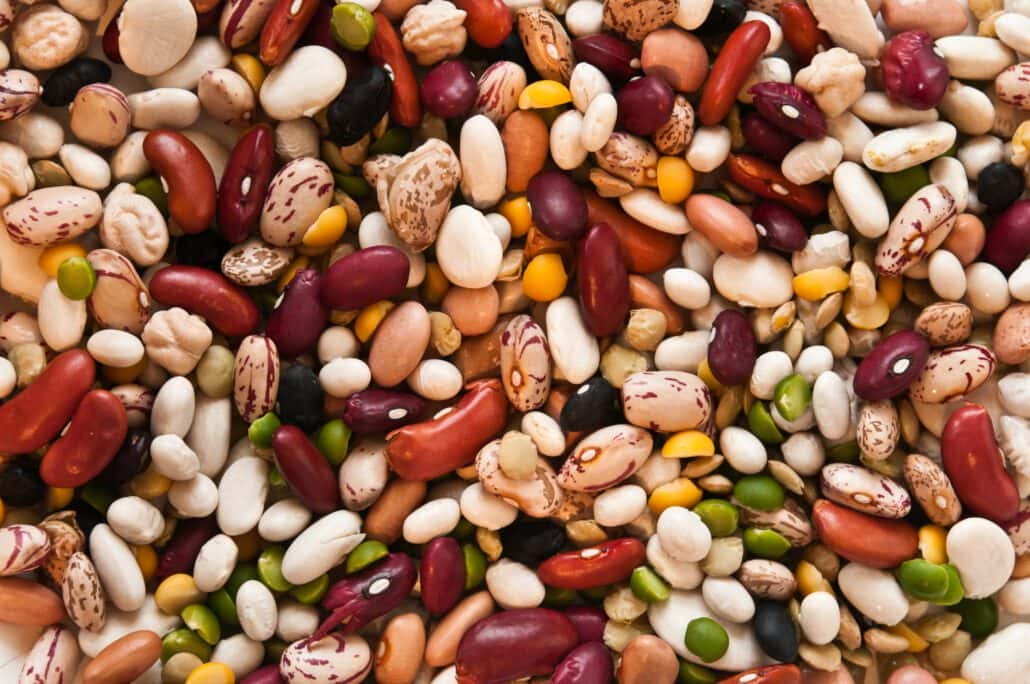A future in which Dutch farmers grow plant proteins on a large scale and consumers consume twice as many beans and other legumes is not far off, according to the initiators of the “Economically-Powered Protein Transition through Innovation in Chains” (EPPIC) plan. The plan, spearheaded by Wageningen University & Research, the Ministry of Agriculture, Nature and Food Quality, the Southern Agriculture and Horticulture Organization (ZLTO), Larive International B.V., and Next Food Collective, is set to deliver €2.6 billion in economic activity, offering new perspectives for farmers and contributing significantly to climate goals. Together with 82 other partners, these initiators have submitted their plan to the National Growth Fund.
Despite the efforts in agriculture, the food industry, science, and consumer campaigns, the shift from animal to plant-based protein is happening too slowly. In the Netherlands, few farmers can grow profitable crops to supply the market with plant-based proteins. This has resulted in the bulk of plant proteins, including soy, being imported from abroad. Furthermore, consumers are still not overwhelmingly convinced to switch to a diet with more plant-based proteins, making it necessary to accelerate the protein transition to meet climate, nitrogen, and anti-deforestation goals.
Higher yields
To double the consumption of legumes in the Netherlands by 2030, the EPPIC plan targets agriculture, the food industry, and consumers. For farmers, the plan focuses on the economic feasibility of growing crops high in protein, such as soybeans, peas, field beans, and lupin, by improving yields per acre and disease control. Meanwhile, knowledge is required for the food industry to switch their production processes from imported soybeans to Dutch legumes. For consumers, the focus is on changing the environment to expose them to plant-based proteins in more places, making it easier to make the switch.
In addition, research will investigate whether eating meat substitutes based on plant proteins ultimately leads to consuming less-processed legumes. Health aspects will also be studied in depth.
Economic & environmental impact
Combining ongoing research and existing initiatives, the EPPIC plan aims to advance the protein transition and generate €2.6 billion of growth in economic activity. Soy imports for Dutch consumers could be reduced by a third, while significant environmental benefits, including a 640 million kg reduction in CO2 equivalent emissions, a 10 million kg reduction in nitrogen, and a 7% reduction in land use for the Dutch diet, are also expected.
Global protein transition
The knowledge gained through the plan will not only benefit the Netherlands but will also be invaluable for the protein transition worldwide. “The Netherlands has a tremendous amount of expertise in-house, and all new EPPIC knowledge and expertise will be marketed internationally, strengthening the country’s leading position in the protein transition. Larive International, with its 24 partners in emerging markets, will make a positive contribution to this effort.” According to Davinia Lamme, Director at Larive International.
A total of €96 million has been applied for from the National Growth Fund. To further accelerate the uptake of plant-based proteins in the Netherlands, the entire value chain must work together to improve the availability and affordability of alternative protein and effectively educate consumers about products that meet their specific needs and preferences. By taking these steps, the EPPIC plan aims to benefit both individuals and businesses.

